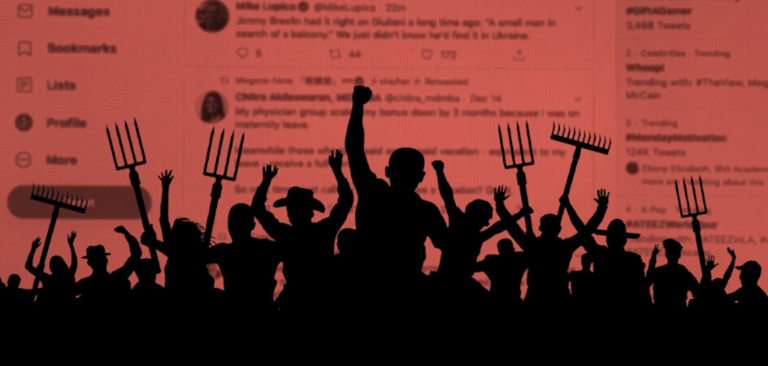The term “cancel culture” has been slowly but surely acquiring a negative connotation, even among those who in reality promote and execute it. This is evident when individuals or companies canceling somebody are at the same time quick to disassociate themselves from the phrase itself.
The Washington Post appears to be aware of this shift as well, and has now mounted a curious defense of the phrase by accusing conservatives and people who use it to describe something that’s negative “culturally appropriating” the term from African Americans – only to be making it less and less appealing with every passing day.
The problem that people have with cancel culture, though, doesn’t have to do with linguistics or race, but with it resulting in online mobs gathering too often unfairly and without proper reason, in knee-jerk fashion, destroying people’s reputations and livelihoods. Of course this was going to start acquiring negative overtones to more and more people, regardless of their politics or race.
So the Washington Post seems like it’s eager to deflect from the real issue – namely, cancel culture – to dive into semantics instead.
Disregarding the fact that any language, including American English, constantly evolves and will thus naturally incorporate phrases typical of various vernaculars, the article, when it suits its biases, takes issue with this happening with jargon that originates in black communities in the US as “cultural appropriation.” Hence “woke” and “cancel” have been done wrong – while it’s apparently still okay to say “funky” or “uptight.”
Uptight, indeed.
Some might argue that what’s known as cultural appropriation is really cultural integration, and that the opposite would be cultural segregation; not the Washington Post. Its authors believe words like “cancel” as it is used today in online jargon are “weaponized to sneer at the values of many young Black liberals.”
The article also wants to relativize what cancel culture actually means, claiming it isn’t really about firing people up to remove others from the social media public square, or get them fired in real life, but something far more benign that has now acquired a bad name thanks to appropriation and underlying racism.
“Saying someone was ‘canceled’ was more like changing the channel — and telling your friends and followers about it — than demanding that the TV execs take the program off the air,” the Washington Post downplays the phenomenon.
If you're tired of censorship and dystopian threats against civil liberties, subscribe to Reclaim The Net.









